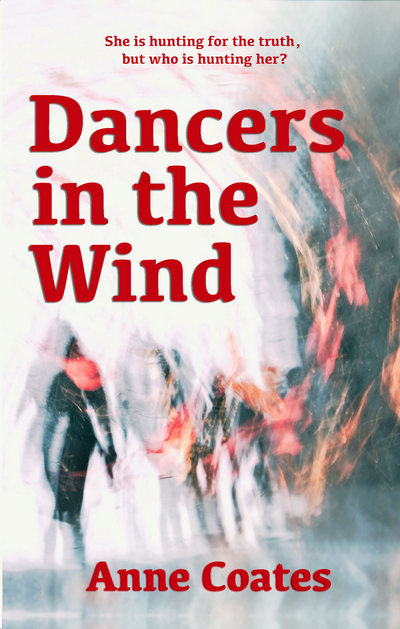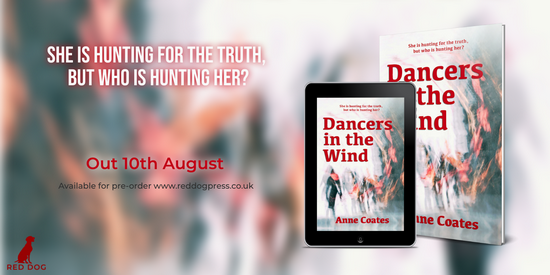
What’s August Snow About?
“I’m looking into her death—”
“A suicide?” O’Donnell laughed, even though I was beginning to think she thought very little if anything was funny. “Not much to look into there, bucko. Seems the Grosse Pointe police, the State police, the Detroit police and assorted sundry others have quickly concluded she took her own life.”
“They’re not as smart as me,” I said, taking a healthy swig of my beer. Michigan might be at the forefront of making quality craft beers, but so far none even approached a good Mexican beer, “Nor are they as righteously vigilant.”
August Snow was a Detroit Police Detective until he was targeted by corrupted officials in City Hall as well as in the DPD and was fired. He didn’t take that laying down and sued for wrongful termination—and walked away with millions of dollars of city funds. He spent a year drinking his way through Europe to get over that fight—as well as other tragedies.
Now Snow has returned to the home that his African-American father bought for his Mexican-American mother so she could be close to her people, and is using his new wealth to try to help make the neighborhood safe for families again.
A prominent citizen, Eleanore Paget, wants him to do a job for her. Years before, Snow was one of many who investigated the death of her husband and was the only one who impressed her. Now, she’s convinced that one of the executives of her bank is up to something and wants him to look into it. Snow turns her down, but can’t help wondering…
The next day, she’s dead. Supposedly by her own hand, but Snow doesn’t believe that. He’s just about the only one who doesn’t, so he has to look into things on his own—without giving DPD cause for offense, after the lawsuit, he has very little support among them.
We often think of “white collar” crimes as safe, or at least non-violent. And that may have been the case once upon a time, but as Snow looks into odd moves in the bank’s finances, it’s clear that there are powerful and violent people who are heavily invested in keeping Snow and his suspicions far away from anything to do with the bank.
We Are Defined By Those We Could Have Helped and Chose Not To…
Yeah, it’s not as pithy as “Everybody counts or nobody counts,” but Snow’s driven by this idea as much as Harry Bosch is his. Snow’s father served as a member of the Detroit Police Department and raised his son to follow in his footsteps, and this was a lesson he drove into his son’s psyche. Not just for while on duty, but to shape his life.
Even now, this moves Snow to action. It’s seen in the way he’s working to revitalize his neighborhood—not so that people with a little money will want to move in and gentrify things, but so that it’s better for the people who already live there.
It drives him to help out the rookie drug dealer who just needs a viable legal option to make money.
It even drives him to look into the death of a would-be client.
Detroit
Neither time nor politics have been kind to Detroit. In Mexicantown, they’ve been downright cruel.
After one novel, I’m not about to suggest that I’m an expert on Detroit—but Jones writes with such depth and clarity, his reader would be tempted to think they are one—at least on the way to being one.
It’s trite to say that “such and such” city or geographic location is “a character” in whatever novel/movie/etc., so I’ll try not to. But August Snow is as much about Detroit—specifically, Detroit’s Mexicantown—as it is about one ex-cop’s investigation into the death of a prominent citizen.
One aspect of Detroit that’s discussed a lot is race (economics, police corruption are others). I’m not competent enough to expound about it—I’m also too white and Idahoan to really comment on it. But Jones seems to be writing very honestly, very insightfully about the state of the city. Snow’s perspective is a great mix of idealism and realism—with a sprinkling of hope. A lot of people like to dismiss P.I. fiction as escapist, but Jones reminds his readers that the best of it has always carried social commentary along for the ride.
The Food
Jones probably could’ve made a decent living as a food writer. Snow’s not really a gourmet or gourmand, but man, he eats well. Jones isn’t really in George R. R. Martin territory (“six page descriptions of every last meal”), but the way he describes food is dangerous to a reader’s diet. It reminded me of early Spenser, or any Nero Wolfe.
There’s an extended description about a small Mexican restaurant that I had to pause and read a couple of times it was just so good. I could practically smell the place. Honestly, I’m pretty sure I wouldn’t have liked the food in the restaurant—it’s not really my thing. But as I told my wife when reading it—I want to go there, like right now.
So, what did I think about August Snow?
Later, sitting on my new forest-green leather sofa, I looked through family photo albums: My mother and father picnicking on Belle Island. Vacationing in Traverse City and Alabama and south of Mexico City. Their wedding. Me as a baby with my dad’s badge pinned to my onesie. Thanksgivings and Christmases. Day of the Dead celebrations in Mexicantown. High school and college graduations. My dad saluting me at my graduation from the academy.
Family albums go better with scotch.
Or a gun.
Readers here know that one of my greatest weaknesses is a good P.I. novel—I cut my teeth on them (in both juvenile and adult fiction), and “discovering” August Snow was just a treat for me. There’s something about this book—one of those ineffable things that just sang to me—that reminded me of the first time I read a Dennis Lehane Kenzie and Gennaro book, or Joe Ide’s I.Q., or Crais’ Elvis Cole. There’s something just so right—so absolutely classic P.I. and incredibly fresh about the voice—that I felt at home.
I also spent a lot of time castigating myself for not jumping on this when it came out—because I shouldn’t have denied myself this pleasure—or the sequels—for so long.
Snow’s just a great character—he’s got a lot of baggage, a lot of issues he’s still working through—but when the chips are down, he’s defined by those he chose not to help as much as those he chooses to help.
This is the beginning of a series, but by the end of this book, you don’t know how this is going to keep going. Throughout the book, I kept thinking “oh, so this character is going to play X role” or “this is how he’s going to do Y from now on”, etc. And in practically every case, by the end of the novel in one way or another, just about every one of those things weren’t going to be possible. I have no idea what book 2 will look like—or those that come next. That’s a little frustrating because I like to think of myself as a fairly savvy guy who can see what authors are up to. But it’s largely a wonderful feeling—I love someone who I can’t predict.
From the atypical beginning with the prospective client that ends up without anyone being hired, through the morass of financial crimes and murder, to the explosive ending—with the increasing sense of dread and apprehension of an ensuring emotional gut-punch—August Snow is a fantastic series debut, a practically perfect novel. Stephen Mack Jones has found a home near the top of my must-read list.

This post contains an affiliate link. If you purchase from it, I will get a small commission at no additional cost to you. As always, opinions are my own.




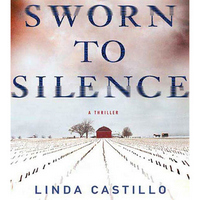


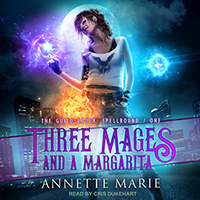


![]()





 Grab a book, any book.
Grab a book, any book.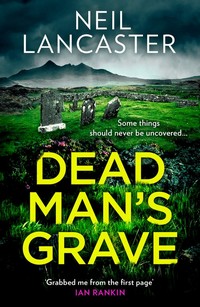
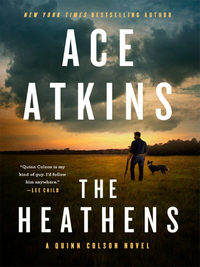


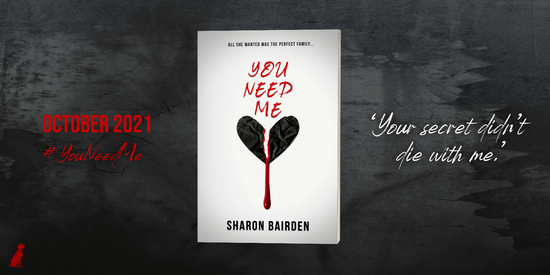
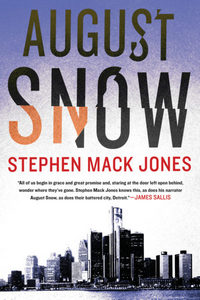





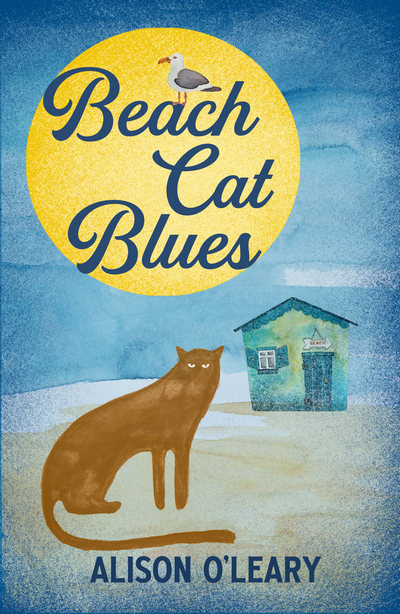
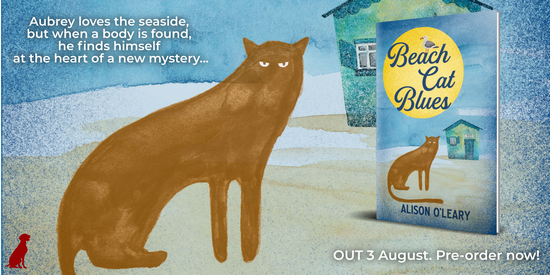
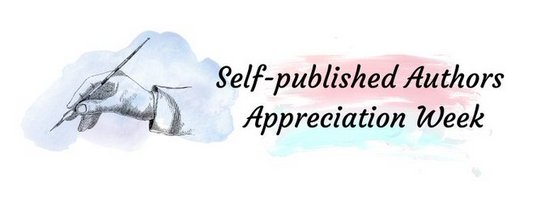

 Cause and Effect: Vice Plagues the City
Cause and Effect: Vice Plagues the City 
